What children need beyond book reading
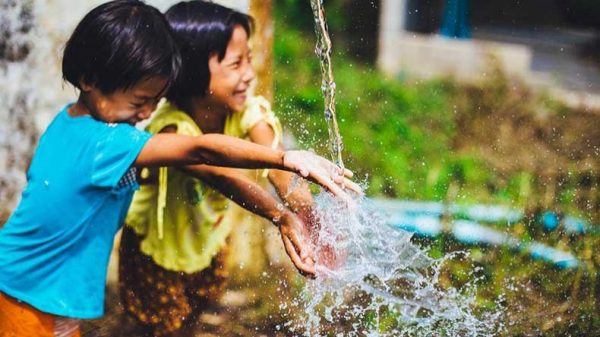
FROM the very inception of their birth, children are acquainted with skills which help them to participate in, understand and respond to their environment as well as interact with their parents, caregivers and peers. Mostly through play, they gain physical, cognitive and creative developmental milestones. Physical play includes activities that use physical movements to allow children to use their energy and it gives children the chance to develop motor skills, learn new things and socialise. It is imperative to note that physical play also benefits a child’s health.
The immense importance of play for children’s cognitive, social, physical and emotional development to stimulate scholarly outlook has been recognised long before. However, in some instances, play facilities are generally overlooked and most likely in developing societies.
It has been reasonably recognised that children’s inherent urge and/or right to play and other leisure activities ensure not only sufficient time for leisure but also the provision of homely and proper space within communities.
It might, therefore, be deserved in seeking more attention to formulating policies, regulations and risk standards related to the design of children’s living space, particularly their outdoor play and recreation space. The major problems for playground users are the absence of required amount of grass, uneven ground and inadequate toilet facilities. Dissatisfaction with parks resulted from the absence of trees, greenery, infrastructure and lack of adequate space. Insufficient lighting and inadequate seating arrangements and walkways are found the most frequently notable hindrances in amusement parks.
The provision of play and recreation facilities for the children should be framed keeping to socio-economic group, age and gender. Due to the complexity of a rapidly changing society and impassioned competition in school education, students have been weakened physically and emotionally, causing serious social problems as a result of imbalance in physique and physical strength. In particular, the elementary school period is the critical time because physical, emotional, mental, and behavioural development is formed at this time. Above all, the values and emotions embedded in this period influence individuals throughout the whole life.
Recreation can be effective if it is used appropriately in accordance with ages and abilities. Involvement in group activities in recreation programmes improve interpersonal skills, independence and positive self-esteem which can bring about a lot of benefits in the psychological aspect. In addition, a wide range of activities can promote physical, psychological, social, and emotional function and improve the quality of personal life. In particular, there is a recreational activity accompanying joy called physical activity-based recreation.
Recreation enhances self-expression, self-fulfilment ability, human relationship skills, techniques and methods of using leisure, physical strength, creative expression and aesthetic sense. These attributes that recreation holds can have a favourable effect on human beings who have limits in everyday life. Participation in the physical activity-based recreation helps to recover from the deteriorated physical strength, caused by the lack of exercise, and develops the potential ability to achieve self-realisation. Accordingly, physical activity-based recreation programmes which can help children to realise physical and emotional development and raise optimism are operated.
It could be assumed that the mental state of optimistic people are more stable and positive than that of critical people and deal with problems more effectively. Moreover, optimism and school adjustment reveal that optimism has an important effect on routine conditions such as peer relationships or critical situations such as disease which also have an effect on the peer relationships of optimistic or pessimistic children. Nevertheless, optimism reinforces the internal capacity of children, performs the function of control in the face of environmental crisis, nourishes the sense of humour and leads to a successful journey of life.
Humour has the effect of managing anger, resolving tension arising from the conflicts of relationships and playing an essential role in promoting personal relationships by nullifying stress caused by social involvement. In addition, humour enhances social support so that people full of humour attain appropriate social ability, attract more people, maintain fellowship, and engage themselves in the development of congenial social support networks.
In particular, humour styles have more effect on the desirable journey of school life than a sense of humour alone. In this context, participation in physical activity-based recreation programmes and the systematic academic performances along with optimism, humour styles and school life adjustment are badly required.
In terms of the effect of the participation in physical activity-based recreation programmes on optimism, participation frequency and participation intensity would have an effect on optimism while participation period would have a significant effect on being positive among the sub-factors of optimism. This indicates that long or ardent participation of children in recreation programmes result in an increase in confidence and optimism because children can foster cohesion and they make fun. The participation of children in leisure sports plays a positive role in evaluating the physical self-concept and enhancing recovery resilience. As a consequence, it is judged that the regular participation of children in recreational activity reinforces the inert capability of children, making them have the ability of control in the face of environmental crisis and leading an increase in optimism for a successful life.
The participation in physical activity-based recreation programmes might have a significant effect on humour styles. This helps children to participate in recreational activities for a longer period and more often, making them closer to their friends and creating a positive atmosphere because enhancing humour can minimise stress and obstacles under any stressful event circumstance.
Regarding the effect of the participation in physical activity-based recreation programmes on school life adjustment, it is established that participation period and participation intensity would have a significant effect on school life adjustment while participation frequency would have a significant effect on regulation-observance and school life satisfaction. This shows that round peer relationships and law-abiding spirit are enhanced through spontaneous participation in recreation programmes for a long period, making students adjust to school life. It is judged that a low-abiding spirit is enhanced and satisfaction in school life can increase by frequent participation in recreation programmes.
Sport and active recreation facilities are a crucial component of the offer to encourage and support healthy and active way of life but those facilities need to be fit for the future where the responsibility to provide appropriate opportunities is shared by voluntary and private sectors, schools, colleges and universities along with the sustainable intervention of the public sectors concerned.
The wellness of our future citizens relies on the motivation, ability and opportunity to be physically active on a regular basis. The facilities that can provide the opportunities must be inclusive, attractive, accessible and efficient and they must be what people and communities need. It can be presumed that the nation has a collective responsibility to act now to help create a landscape of appropriate and resilient sport and recreation facilities for today and tomorrow.
Dr Iftikhar Ahmed is head of the microbiology department in Enam Medical College, with experiences of more than two decades in public health and microbiology.



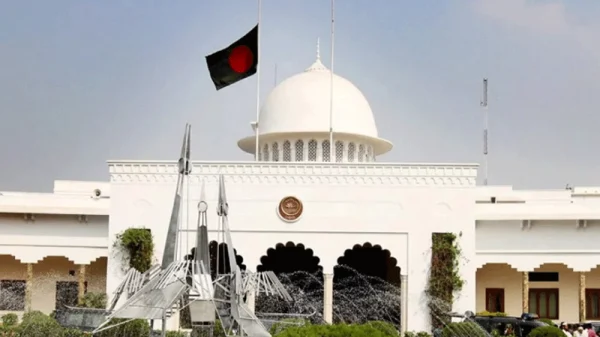

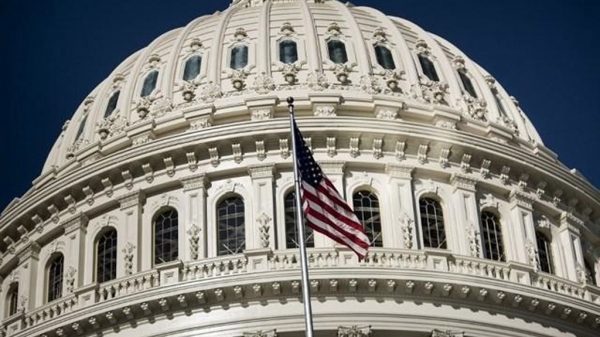
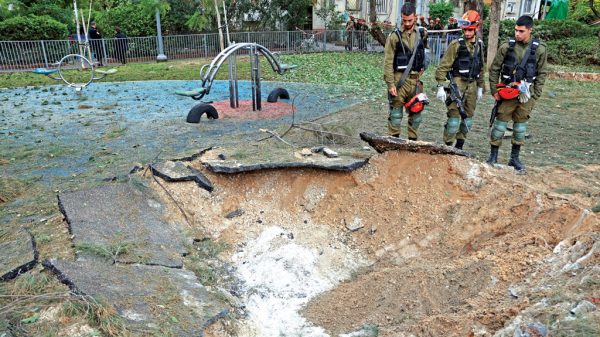




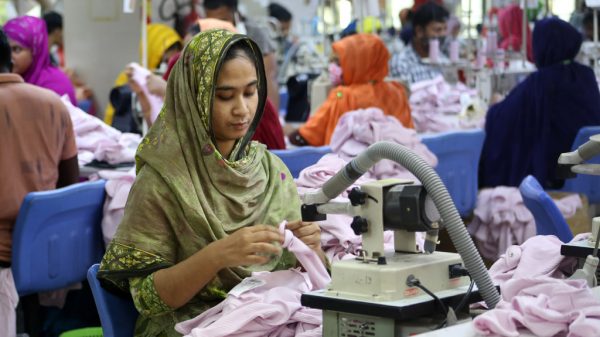











Leave a Reply